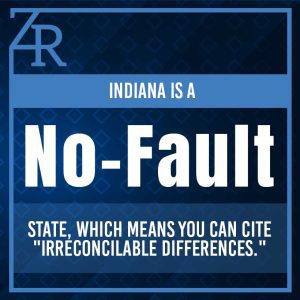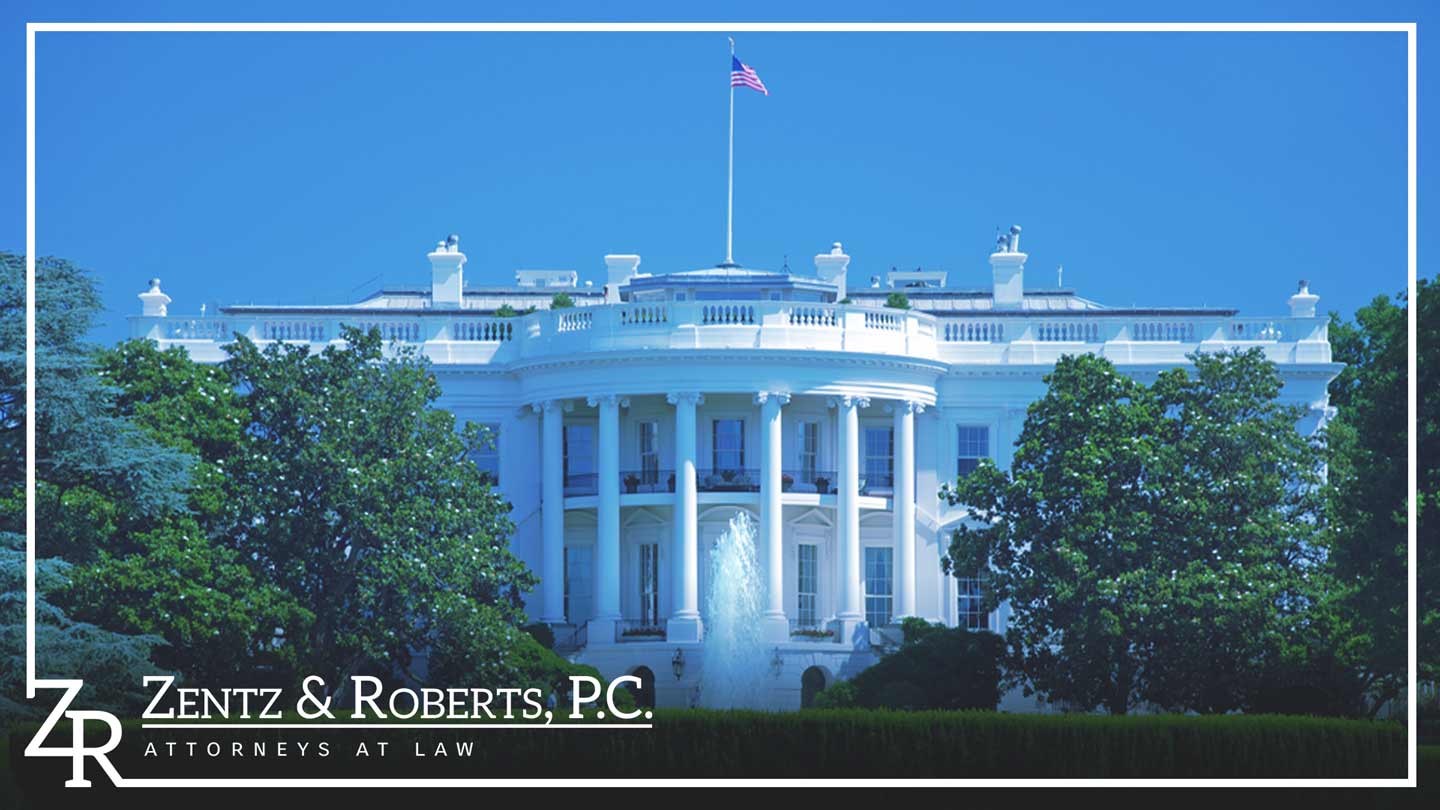Unfortunately, political polarization in the United States negatively impacts marriages more than ever. It’s increasingly common for couples to cite political differences as a reason for divorce.
Cross-party marriages are becoming rare as the gap between political ideologies widens. Issues that were previously insignificant for couples are now causing rifts in relationships and leading to divorce.
How Do Political Differences Destroy Marriages and Lead To Divorce?


Financial policies are among the most common disagreements. Couples find it challenging to support causes and candidates their spouse does not support. The most significant threat to healthy relationships is partisan loyalty.
Political parties have become more entrenched in their belief systems, and party members are intensely loyal to their party’s candidates. This type of loyalty often leads to bitter political discourse and increased intolerance of opposing views.
Do Political Differences Destroy Marriages and Provide Grounds for Divorce?
 Political discrepancies alone don’t constitute grounds for divorce. But Indiana is a no-fault state, which means you can cite “irreconcilable differences.”
Political discrepancies alone don’t constitute grounds for divorce. But Indiana is a no-fault state, which means you can cite “irreconcilable differences.”
Both parties must agree that the marriage is unrepairable, and fault need not be assigned, which can lead to a less contentious separation.
When Should I Discuss My Situation with an Attorney?
Divorce might become a consideration if disagreements reach a point where separation seems beneficial for you and your children. If your marriage is facing difficulties, seeking legal advice promptly is advisable.
Consulting with an attorney doesn’t obligate you, but being prepared ensures better protection of your interests. If disputes escalate to the point where separation seems necessary for the well-being of both parties and their children, seeking legal advice is advisable.
Can I Save My Marriage If We Hold Different Political Views?
Navigating these differences can be challenging, especially when raising children or when a partner’s political stance conflicts with their partner’s social circle or work responsibilities.
Here are a few key ways to hold space for each spouse’s views on politics:
- Instead of dismissing each other’s perspectives, consider them opportunities for growth and understanding. There’s always a chance to learn from differing viewpoints, and this can strengthen your relationship.
- Be curious and ask open-ended questions to foster deeper understanding, even when disagreeing.
- Shared values and goals, such as healthcare or education, can be a good starting point for constructive conversations,
- Maintain respectful communication. Give your partner your full attention when they express their opinions, and use “I” statements instead of accusations or blame to keep the dialogue open and respectful.
- Address disrespectful comments immediately; if you feel disrespected during political discussions, suggest constructive ways to express opinions without resorting to anger or disrespect.
The bottom line is that avoiding disrespectful behavior during political discussions is essential. If political differences cause significant disharmony in the relationship, consider seeking counseling. Professionals such as counselors, therapists, or mediators can facilitate better understanding between spouses.
When divorce seems likely due to irreconcilable core values, promptly seek legal assistance to understand your options better and navigate the process effectively.
Can Therapy Help Us Resolve Political Differences?
An experienced marriage counselor can help you work through political disagreements by creating a neutral environment for communication.
Here are a few ways couple’s counseling can help your marriage navigate significant political differences:
- Facilitating communication: The counselor acts as a mediator to help both parties have the opportunity to express their feelings without interruption or judgment.
- Identifying underlying issues: Political disagreements often stem from deeper underlying issues within the relationship, such as communication patterns, trust issues, or differing values.
- Promoting understanding: The counselor can help you and your spouse better understand each other’s perspectives by encouraging empathy and perspective-taking.
- Developing conflict resolution strategies: A marriage counselor can teach you and your spouse practical conflict resolution strategies to manage political disagreements more effectively.
- Setting boundaries: The counselor can help you and your spouse establish healthy boundaries around political discussions to prevent them from escalating into heated arguments.
Professional help can facilitate better understanding and communication between spouses, potentially salvaging your marriage.
What If We Can’t Work Out Our Political Differences?
Zentz & Roberts Divorce Attorneys can help navigate the process and explore options for reconciliation, including marriage counseling, to preserve the relationship whenever possible.
If you have questions or concerns about how political differences impact your marriage, contact our Indiana divorce lawyers at Zentz & Roberts, P.C. Call us at 317-220-6056 today to set up a free consultation.
***Please note: This page is not intended to give specific legal advice but is meant for information purposes only. Contact us to discuss your case***


